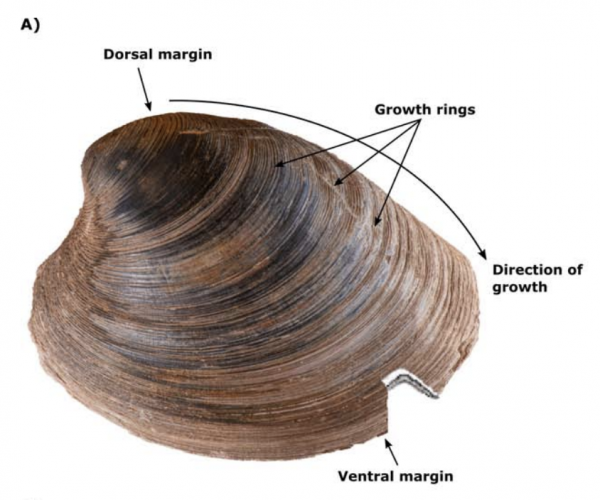This news article comes from central University of Idaho Communications and Marketing. View the original here. While IMCI was not involved in the funding of this research project, we are honored to have Dr. Tao Xing as one of our IMCI participants.
October 20, 2020 – With the help of a more than $300,000 major research instrumentation grant from the U.S. National Science Foundation (NSF), the University of Idaho College of Engineering’s Department of Mechanical Engineering is installing a high-resolution, mixed-material 3-D printer. To be housed in the Integrated Research and Innovation Center (IRIC), this state-of-the-art 3-D printer can print large, geometrically detailed and flexible 3-D structures. The printer can also produce pieces in extremely high resolution, 16 microns, about one-third the average cross-section of a human hair. This complex printing is not currently possible using other 3-D printers on the Moscow campus.
Mechanical Engineering Associate Professor and project lead Tao Xing said 3-D printed materials on the U of I Moscow campus are currently printed in several components that are later connected, which can introduce additional errors in the geometry and add difficulty in conducting high-fidelity experimental measurements.
“Using this new printer, researchers can analyze the physical constructs of complex structures to improve understanding of different mechanisms in the body, from breathing to brain-drug delivery, the effect of brain cancer drugs in-vitro and therapeutic approaches to traumatic brain injury,” said Xing. “This instrument will facilitate and enhance multidisciplinary research and expand academic-industrial collaborations at U of I.”
The NSF grant was awarded to a team consisting of nine faculty from four U of I colleges, including engineering, the College of Science, College of Agricultural and Life Sciences and the College of Natural Resources.
The installation of the printer is expected in spring 2021.
The printer will be part of a new lab in the IRIC focused on 3-D printing for studying biofluids and biomechanics. Both undergraduate and graduate students will have access to the printer and future lab. A one-credit course is currently being developed to provide training to use the new printer. The printer will also be used in 3-D-printing projects and competitions, including a partnership with the U of I chapter of the Society of Women Engineers (SWE) during their Women in Engineering events, held twice annually. Equipment time and training will be provided to advisors at local K-12 schools, including the Moscow High School Science Club and Near Space Engineering Club through the mission of the U of I Library’s Making, Innovating, Learning Laboratory training programs.
“Students will be exposed to structure-function relationships in tissues, 3-D drawing, mechanical analysis and state-of-the-art multi-material 3-D printing,” Xing said. “These outreach capabilities will broaden the participation of underrepresented minorities in engineering and related fields.”
This project was funded to University of Idaho by National Science Foundation under award 2019231. The total project funding is $360,774.00 of which 70% is the federal share.

